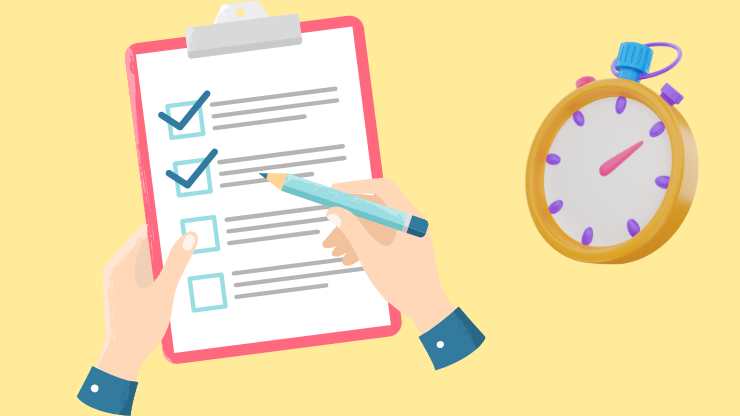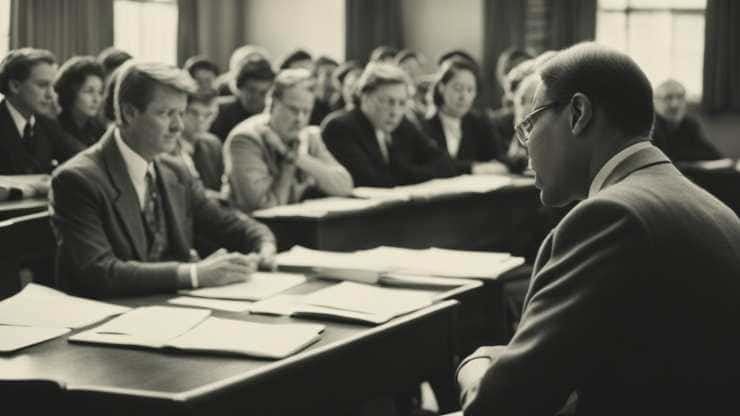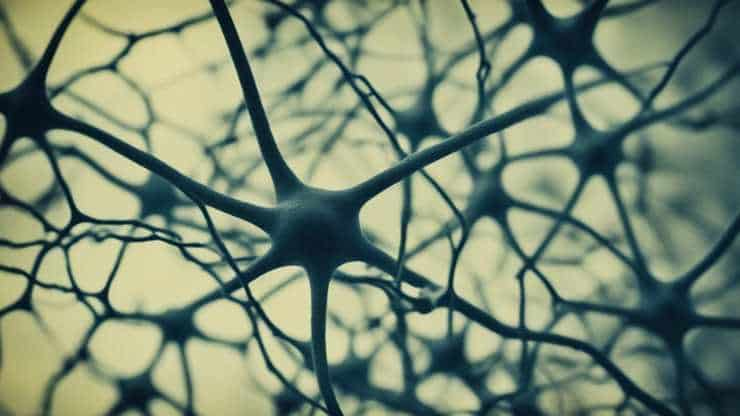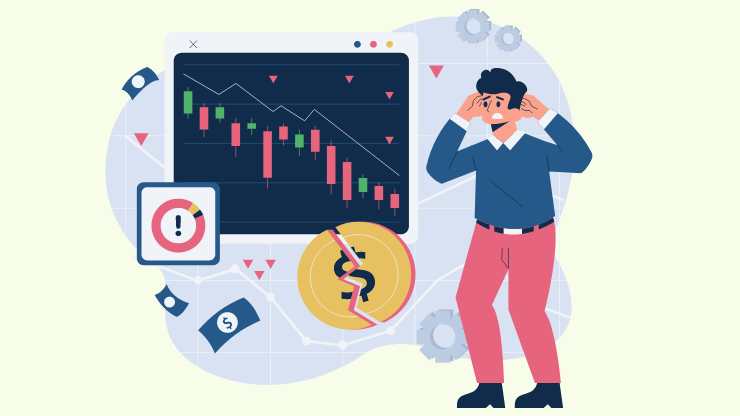The Hard–Easy Effect represents a cognitive bias where individuals tend to overestimate their chances of success in tasks they perceive as difficult, and underestimate in those they find easy. It illustrates how subjective perceptions of task difficulty warp one’s confidence levels, distorting the accuracy of one’s predictions regarding outcomes. It shares similarities with other cognitive biases such…
The Difference Between Psychologist and Psychiatrist
Psychologists complete an extensive academic program, typically earning a doctoral degree in psychology (Ph.D. or Psy.D.), which includes research and clinical practice. Psychiatrists are medical doctors, meaning they have attended medical school and obtained an M.D. or D.O., and their training strongly focuses on psychiatry as a major component of medicine. Psychiatrists’ training qualifies them…
Survivorship Bias and Hidden Success Traps
Survivorship bias is a type of logical error that occurs when a person draws a conclusion from a set of data that includes only surviving observations or participants, disregarding those that did not make it to the end of the process. This bias, which is a form of selection bias, can lead to incorrect conclusions because the results may not accurately…
What is the Serial Position Effect – Order and Primacy
The serial position effect refers to the phenomenon where an individual’s ability to recall items on a list is influenced by the item’s position within that list. Generally, items at the beginning (primacy effect) and end (recency effect) of a list are remembered more frequently than those in the middle. Primacy Effect: Items early in the list…
Egotistical vs Egocentric Self-Centered Behaviors
Egotism often manifests as an inflated sense of self-importance and is closely aligned with narcissism. It’s marked by an excessive fixation on one’s own abilities, achievements, and needs. This self-centered attitude can lead to a disregard for others’ feelings or circumstances. The egotistical person primarily sees the world through the lens of personal gain, and their opinions are heavily…
What is Authority Bias – Expertise Influence
Authority bias is a cognitive bias that influences individuals to attribute greater accuracy to the opinion of an authority figure, regardless of the content. It is rooted in a deep-seated psychological response that equates authority with correctness. In many cases, people trust the judgments of an expert or leader, even when they have knowledge or…
Self Love vs Narcissism: Love is Not Selfish
“To love what you are, the thing that is yourself, is just as if you were embracing a glowing red-hot iron” said psychonalyst Carl Jung. Some may argue this social media generation does not seem to struggle with loving themselves. But is the look-at-me-ism so easily found on TikTok and Instagram the kind of self-love…
Monoamine Hypothesis of Depression
Scientific studies have shown that different brain areas exhibit altered activity in humans suffering from major depressive disorder (MDD), which has encouraged supporters of various theories that try to find a biochemical origin for the disease, as opposed to theories that emphasize psychological or situational causes. One of these theories is the monoamine hypothesis, which…
Fear of Loss: the Loss Aversion Bias
Loss aversion refers to the concept that people tend to prefer avoiding losses rather than acquiring gains. It is a phenomenon in which a loss has a more significant emotional impact on an individual than an equivalent amount of gain. The anguish of loss is thought to be psychologically twice as powerful as the pleasure of…








